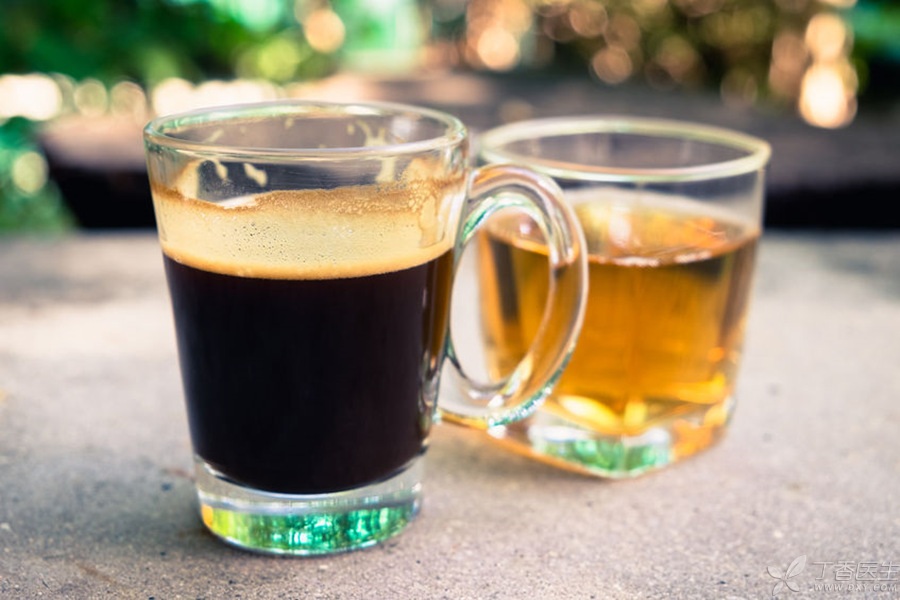
Do you want to have healthier teeth and a more confident smile?
Do you want hot and cold, sweet and sour, and delicious?
Then you should first protect your teeth: avoid tooth decay and pigmentation, brush your teeth regularly, floss and, more importantly, eat the right food.
We have heard elders say from an early age that [eating sugar will rot teeth], but in fact, candy is only harmful when ingested in excess. Foods that are more likely to harm teeth than candy are:
Injured Teeth 1: Citrus Fruits

Although citrus fruits are rich in vitamin C and have good nutrition, they will also erode enamel on the tooth surface due to too much acidity.
An experiment in 2008 compared the degree of tooth erosion caused by many fruit juices on the market, and finally found that the juice made of lemon and grapefruit is the most harmful to teeth.
In contrast, orange juice may be softer for teeth, and at present many orange juices are added with vitamin D and calcium, which are beneficial to tooth firmness.
Even so, rinse your mouth and brush your teeth in time after eating citrus fruits and drinking fruit juice.
Injured Teeth 2: All Kinds of Candy

The more sticky candy is, the more harmful it will be to the teeth. For example, candy such as toffee and nougat will adhere to the tooth surface. At this time, bacteria on the tooth surface will rely on these sugars to thrive and break down the sugars into acidic substances, further eroding the enamel on the tooth surface.
In other words, if sugar stays in the mouth for a long time, you should be careful with your teeth. For example, hard candy and lollipop will continue to provide nourishment for bacteria in the mouth during the time of containing hard candy, which will also cause acidic substances to erode teeth.
From this point of view, chocolate, a candy that eats faster, actually does less harm to teeth.
Injured Teeth 3: Pickles & Pickles
In the process of making pickled vegetables, acid (vinegar in most cases) is indispensable. Vinegar can give pickled vegetables a sour, salty taste, but it is also the real culprit that damages enamel.
Fortunately, under normal circumstances, we don’t eat pickled vegetables and pickled vegetables so frequently, but for those who like to eat pickled vegetables as snacks, we must pay special attention!
Injured Teeth 4: Various Soft Drinks

Everyone knows that sugary drinks can cause tooth decay, but carbonated drinks are more harmful to teeth.
Although many carbonated beverages are mainly sugar-free, sugar-free carbonated beverages are still rich in carbonic acid and phosphoric acid, which are the main culprits for damaging enamel.
Functional drinks can also damage teeth because they are usually acidic. A 2008 study found that Red Bull even erodes teeth more than Coke and Diet Coke.
Injured Teeth 5: Biscuits
Carbohydrates rich in crispy biscuits will be rapidly converted into sugar in the oral cavity and become nutrients for harmful bacteria.
Moreover, biscuits are easy to turn into viscous slag in the oral cavity, stuck in molars and various teeth, and continuously provide nutrients to harmful bacteria.
Injured Teeth 6: Coffee, Tea, Wine

If you don’t clean the cup immediately after drinking coffee and tea, there will be obvious coffee and tea stains on the cup, which is actually equivalent to the situation of your teeth after drinking these drinks every time.
Some black teas have even more effects on teeth than coffee, because black teas contain high concentrations of tannins, which will aggravate the deposition of pigments.
Another beverage that can cause pigmentation on teeth is red wine. In addition, tannins rich in red wine will remain in the oral cavity, further damaging enamel.
So, is it OK to drink colorless white wine? In fact, white wine is not so good either, because it is also acidic and can also hurt teeth.
After reading this, you must feel very scared. It turns out that so many daily foods will damage teeth, so how can prevent or reverse these damages?
In fact, there is only one sentence: keep healthy eating habits. Food that is good for your health is food that is good for your teeth, such as fresh vegetables.
In addition, there are also these foods that are good for teeth:
Tooth Protection 1: Sugar-free Chewing Gum

When chewing gum, the mouth secretes a lot of saliva. This is actually a natural mechanism to protect teeth: it can wash off harmful acidic substances on the surface of teeth and provide the teeth with calcium and phosphorus they need.
Some xylitol will also be added to many sugar-free chewing gums. Xylitol can also inhibit the growth of bacteria, thus protecting enamel.
Tooth Protection 2: Water
Water, like saliva, can wash away sugar and harmful acidic substances on the surface of teeth.
Moreover, plain boiled water and most mineral water contain fluoride, and some toothpaste and mouthwash also generally contain fluoride, which can protect teeth from harmful substances.
Tooth Protection 3: Dairy Products

Milk and other dairy products contain a large amount of calcium, which is an important component of alkaline calcium phosphate, which is the main component of body bones and enamel.
Some dairy products (especially cheese) contain casein, which has the function of stabilizing and repairing enamel.
Teeth Protection 4: High Fiber Food
Eating green leafy vegetables and other high-fiber foods will accelerate your intestinal peristalsis, reduce cholesterol, and is also good for teeth.
When eating these foods, it usually takes a lot of chewing time, and the chewing process induces saliva secretion: it is just like washing a car. Your teeth have undergone a saliva rinsing, accompanied by food fiber scrubbing, and will definitely become cleaner.
